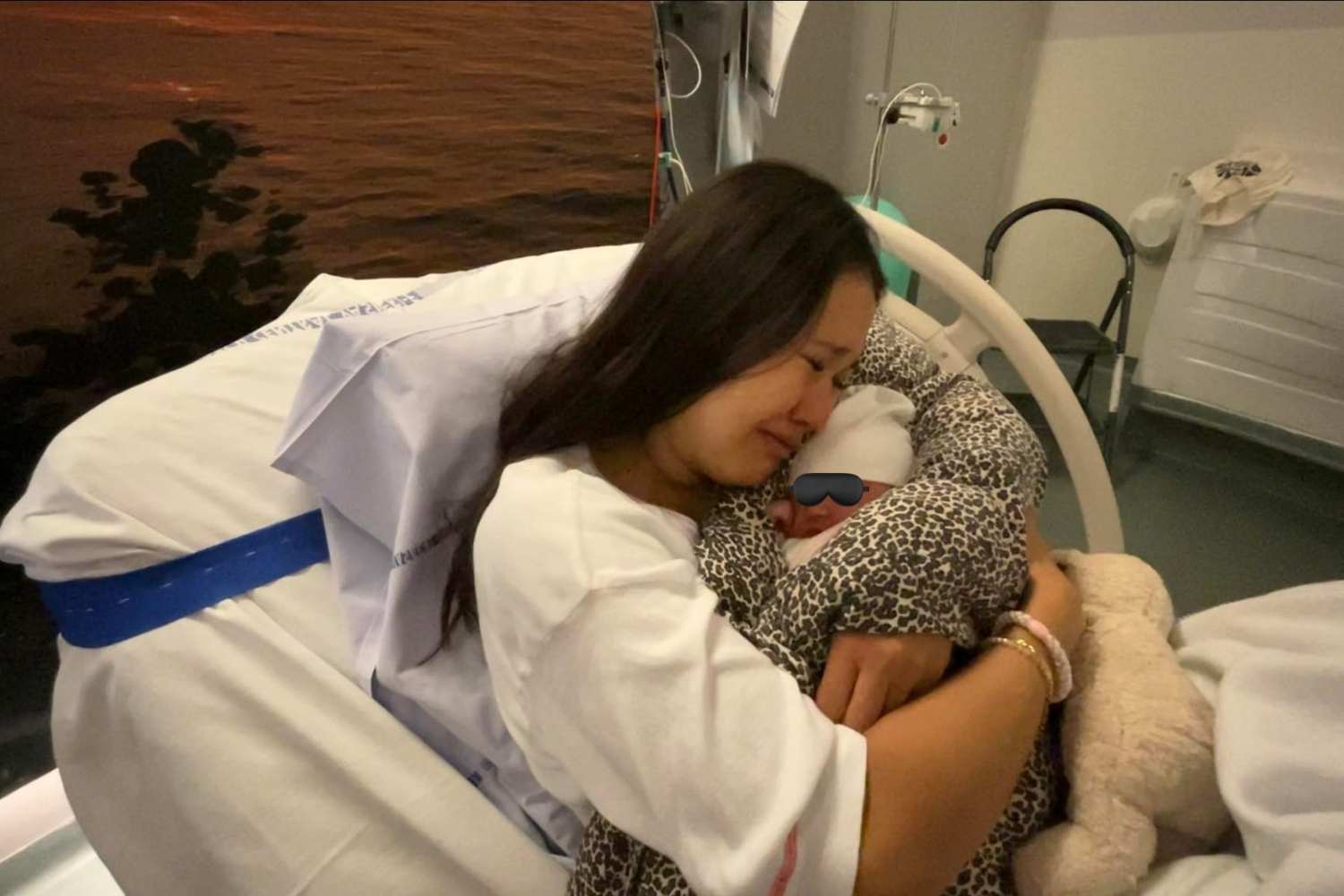Danish authorities illegally separated Inuit mother Ivana Brønlund from newborn using banned test. International protests demand justice for discriminatory practice.

@Ivana Nikoline Brønlund
Table of contents
On August 11, 2025, Ivana Nikoline Brønlund, an 18-year-old Inuit mother, gave birth to her daughter Aviaja-Luuna at a hospital in Hvidovre, near Copenhagen (Denmark). What should have been a moment of pure joy turned into every parent’s worst nightmare. Just one hour after delivery, authorities removed the newborn from her mother’s arms and placed her with an adoptive family.
The official justification? A “parental competency test” (FKU in Danish) that allegedly found Ivana’s mothering abilities insufficient. According to local authorities, the young woman’s past trauma—including childhood abuse by her stepfather—had supposedly compromised her ability to care for her daughter.
Here’s where the story becomes particularly troubling: under Danish law, these tests cannot legally be applied to people of Greenlandic origin, which Ivana is. Yet the municipality of Høje-Taastrup decided to subject her to the FKU anyway, using her childhood trauma as justification. In a cruel twist of logic, they transformed what should have been grounds for support into punishment, essentially revictimizing someone who had already suffered enough.
The circulating photograph of mother and daughter embracing is heartbreaking. Beyond any potential shortcomings Ivana might have—which remain unproven—how can anyone justify tearing a newborn from her mother’s arms immediately after birth? There seems precious little humanity left in situations like these.
Understanding the parental competency test
The parental competency assessment, known in Danish as Forældrekompetenceundersøgelse (FKU), is a psychometric examination used by social services to evaluate a parent’s ability to care for a child. The process involves interviews, questionnaires, and observations that analyze psychological, behavioral, and relational aspects of the individual. Evaluators examine emotional management, problem-solving capabilities, responsiveness to a child’s needs, and how past trauma might influence parenting.
Human rights activists and advocacy groups have criticized this test for years, calling it discriminatory and culturally inappropriate for Greenlandic and Inuit families. The assessment completely ignores cultural specificities, traditional child-rearing practices, and language barriers that affect this population. Many people of Greenlandic origin speak Danish only partially, yet the test is conducted exclusively in Danish—a fundamental barrier that skews results from the start.
The statistics tell a damning story. According to a 2022 report, 5.6% of Greenlandic children in Denmark were removed from their families following this test, compared to just 1% of Danish children. This staggering disparity reveals systemic bias in custody practices between the two communities, highlighting what many consider institutional discrimination disguised as child protection.
Recognizing these profound inequities, the Danish government banned the use of FKU tests for families of Greenlandic origin starting in May 2025. Despite this clear legal prohibition, the municipality of Høje-Taastrup proceeded anyway, arguing that Ivana was somehow “not Greenlandic enough” for the new law to apply—even though she was born in Greenland to Greenlandic parents.
Social Affairs Minister Sophie Hæstorp Andersen didn’t mince words when addressing the illegality of the procedure, sharply criticizing the municipality of Høje-Taastrup: “Standardized tests should not be used in custody cases involving families of Greenlandic origin. The law is clear.”
The Høje-Taastrup administration now appears to have acknowledged making errors and pledged to ensure Ivana Brønlund’s rights are respected—though this admission comes far too late for a mother who has already lost precious weeks with her newborn daughter.
A young mother’s unbreakable spirit
Since her daughter’s birth, Ivana is permitted to see her child only once every two weeks for two hours, and always under supervision. Speaking to The Guardian, she described the agonizing pain she felt during labor and immediately afterward, knowing that she wouldn’t be allowed to raise her daughter.
“I didn’t want to go into labor because I knew what would happen next,” she explained. “I kept my baby close to me when she was in my belly—that was the most I could do to be near her. It was a very hard and horrible time.”
The rawness of her words captures something that statistics and legal arguments cannot: the fundamental human cost of bureaucratic decisions. Yet despite this heartbreaking situation, Ivana continues fighting with remarkable determination to reclaim her daughter.
She’s not fighting alone. Multiple organizations and activists have mobilized in her support, taking to the streets and planning new demonstrations for September. Additional protests are scheduled for Nuuk, Copenhagen, Reykjavík, and Belfast, creating an international movement around her case.
Ivana’s appeal will be heard in court on September 16—a crucial opportunity for her to reunite with her baby and reclaim the motherhood that is rightfully hers. The date looms as both hope and anxiety for supporters worldwide.
This isn’t an isolated incident
Unfortunately, Ivana’s ordeal isn’t unique. Last November, another Greenlandic mother, Keira Alexandra Kronvold, was separated from her newborn daughter under similarly troubling circumstances. Danish authorities forcibly removed little Zammi from her mother just two hours after birth.
That case sparked international protests and extensive media coverage, becoming a powerful symbol of the discrimination that Greenlandic minorities can face within Denmark’s child protection system. The pattern is becoming increasingly clear: what appears to be systematic targeting of Greenlandic mothers using tools that the government itself has acknowledged as culturally biased and legally inappropriate.
These cases raise profound questions about cultural sensitivity, parental rights, and the intersection of colonial history with contemporary social policy. They force us to confront uncomfortable truths about how supposedly neutral bureaucratic processes can perpetuate historical injustices in new forms.
The international attention on both cases suggests that Denmark’s treatment of its Greenlandic citizens is being scrutinized far beyond Scandinavian borders. As Ivana awaits her day in court, her story serves as a test case for whether legal protections can meaningfully challenge institutional bias—or whether they remain empty promises for marginalized communities seeking justice.
Sources: Ivana Nikoline Brønlund Facebook / The Guardian
